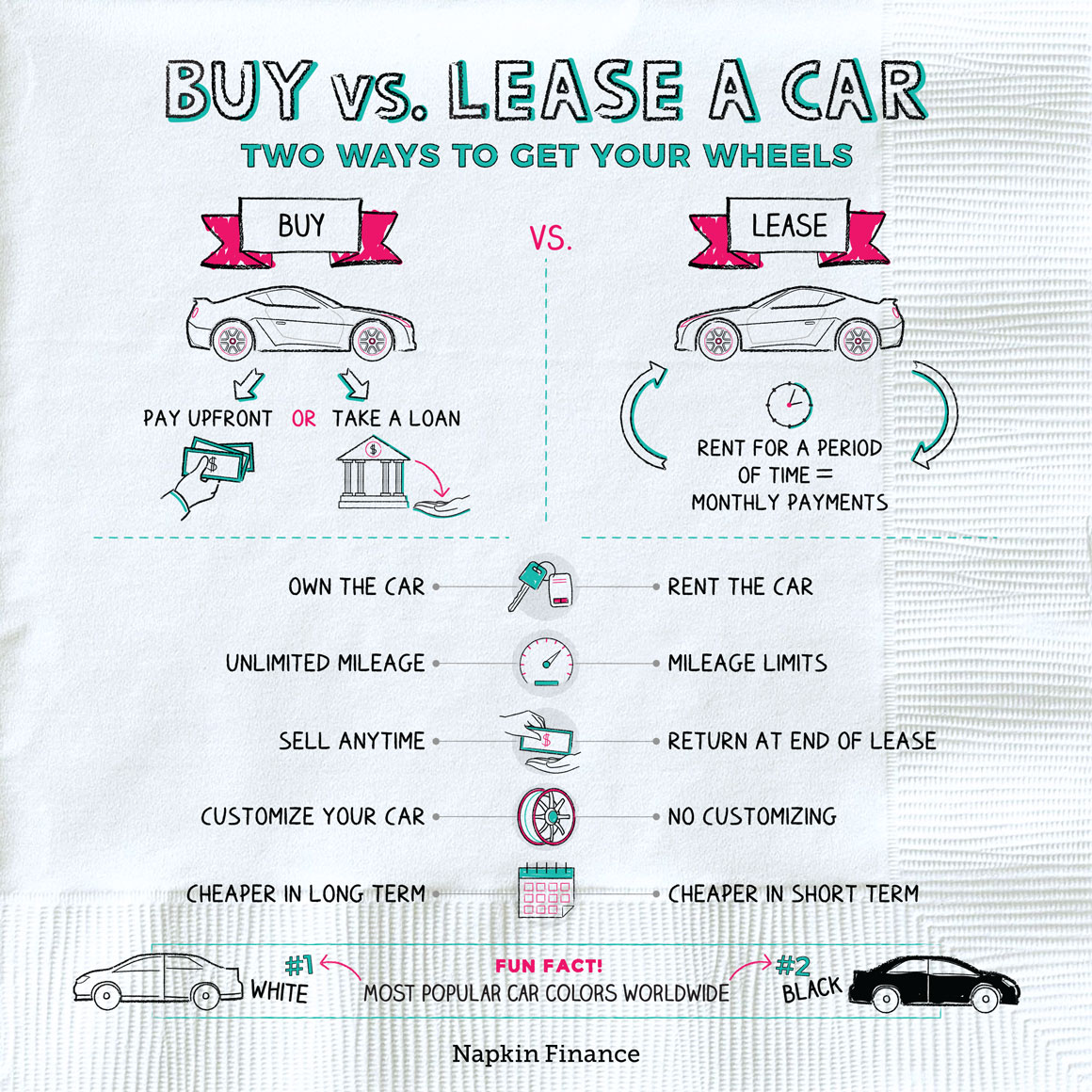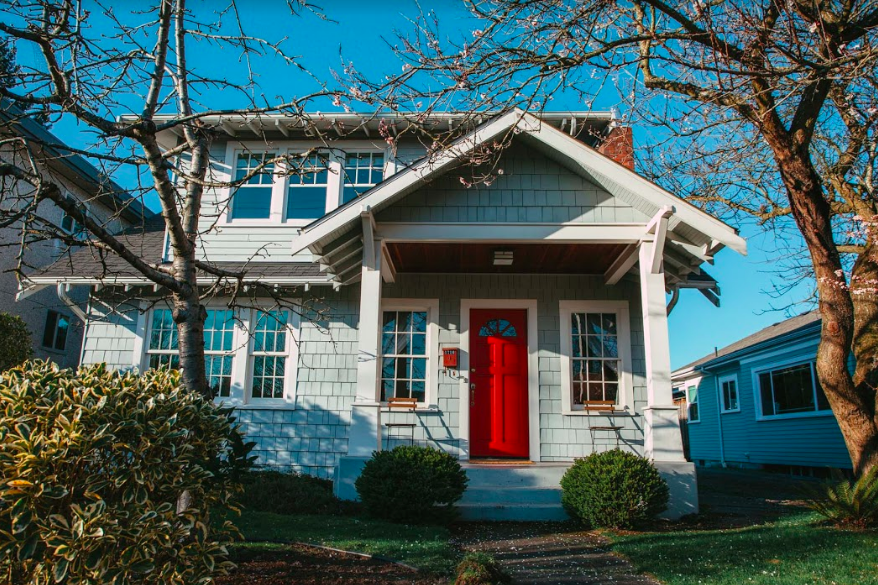Manufactured homes are a clever option for house owners searching for a freshly constructed modern home with a cost effective home mortgage payment. While the term "mobile house" is still utilized commonly, these single, double and triple-wide premade houses are now described as made homes. Financing a made home or any other type of house is tough, but it can be especially tough for a new property owner. A 20% deposit is no longer common. Lots of public and private organizations assist buyers who have less than 5% of a home's rate to put down. There are lots of responsibilities of owning a home that new buyers must be familiar with, and they use to manufactured homes too.
The biggest expense, naturally, will be buying and financing a mobile or manufactured house. Financing is different than for a standard mortgage, but various programs can make it much easier to qualify. The biggest distinction is that loans for mobile and manufactured houses are only for the home itself, not the land it sits upon. The park or neighborhood owns the land and rents it to house owners. Called a chattel loan, it's a home-only loan and is technically not a property loan. It's a personal effects loan, and is likewise available if you already own the land and require to obtain cash to purchase the physical house.
In reality, it can be much simpler to get financing for a produced home than for a standard frame or block house. Funding terms depend upon the loan provider, however the minimum credit report for the options we talk about listed below range from 580-650. Scores higher than 650 might get a little better terms. Ratings lower than 580 may not certify for a loan at all. Chattel loans for manufactured homes are frequently smaller than standard house loans due to the fact that you're not buying the land. This can make funding easier for some people since they're obtaining less cash. Nevertheless, the payment durations are shorter 15 or twenty years which could cause greater month-to-month payments.
Another disadvantage is that rate of interest can be greater on belongings loans. A study by the Consumer Financial Security Bureau discovered that the interest rate, or APR, was 1. 5% http://deangumf294.fotosdefrases.com/which-of-these-is-the-best-description-of-personal-finance-the-facts higher on belongings loans than basic mortgages. Loan processing fees, however, were 40-50% lower. How to finance a house flip. If you're considering purchasing a produced, mobile or modular house, it's crucial to comprehend the differences between them. Pricing choices vary, as do how they're built and installed, and safety standards required in their building and construction, to name a few things. Some loans might be simpler to get for some types of these houses. Factory-built homes made prior to June 15, 1976, before policies required certain safety requirements.

Factory-built after June 15, 1976 and based on federal safety requirements set in 1974, referred to as the HUD Code. Made houses Learn more here are developed on a long-term metal chassis and can be moved after setup, but that can interfere with financing. These factory-built houses are put together on-site. They should fulfill the very same local building regulations as site-built homes. They're generally set up on a concrete foundation. Loans are generally simpler to get for modular homes due to the fact that they hold their value and value more than the other 2. Once you've chosen what kind of produced home you want, you'll require to figure out how to fund it. How long can you finance a camper.
Which Of The Following Assets Would A Firm Most Likely Finance Using Long-term Sources? Things To Know Before You Get This

Leasing land might make you qualified for fewer loans. Buying a double-wide house that costs $100,000 or more isn't enabled in an FHA loan. Optimum loan amounts differ by the kind of house purchased. Not just must you compare the kind of loan, however see how charges and rates of interest differ amongst lending institutions. Here are four broad financing alternatives: If you own the land under your made house, you are in luck. Banks, credit unions and other loan providers generally need you to own the land in order to get a home loan. In this case, funding a manufactured home is fairly similar to financing Visit this site a standard house.
5% with an FHA loan), and earnings that is roughly three times the home loan. If you do not believe you have the minimum credit report required, you can start working to enhance your credit report. Online credit counseling from In, Charge Financial obligation Solutions can help. In, Charge is a nonprofit credit counseling firm that offers a complimentary photo of your credit report. It can assist you come up with a payment plan such as a debt management program. In addition to enhancing your credit history, owning the land you want to put a made house on can make being authorized for a loan simpler.
If you do not intend on purchasing land for your made home, you can still fund the purchase with a bank or credit union lender, or possibly through aid from the federal government. These programs are created to help consumers get home mortgages on manufactured houses, which account for 6% of the U.S. housing market. That's almost 8 million homes. Housing support programs started in the New Offer age (1930s) when the government wished to supply much better houses for the rural population. The programs were administered by the USDA due to the fact that the programs were geared toward on-farm housing. The finest feature of a USDA loan (likewise called a Rural Advancement loan) is that there is no deposit needed.
The house should meet geographical requirements, however that does not indicate you need to live 20 miles from your nearby neighbor. About 97% of the U.S. land mass is USDA loan eligible, an area including 109 million individuals. Interest rates vary with the market however are generally less than traditional loans. The drawback to a USDA loan is a Guarantee Cost of 2% is contributed to the overall loan amount, and a yearly cost of. 5% gets contributed to your monthly payment. The minimum credit history to qualify is 640. And unlike conventional home loans, you can be disqualified for making too much money.
Check with your bank or cooperative credit union to see if they can help you with a USDA loan application for a manufactured loan. No deposit required Can fund 100% of assessed value Minimum credit score needed: 650 Must meet geographic requirement: rural location Can't make 115% or more of county's mean earnings Charges: 2% charge added to the total loan, and. 5% to month-to-month payment If you surpass the USDA's income limitation, you need to think about an FHA loan as they have no wage optimums. The FHA doesn't really provide you cash for a home mortgage. It insures the loan, which lures loan providers to fund home mortgages given that they are backed by the government.